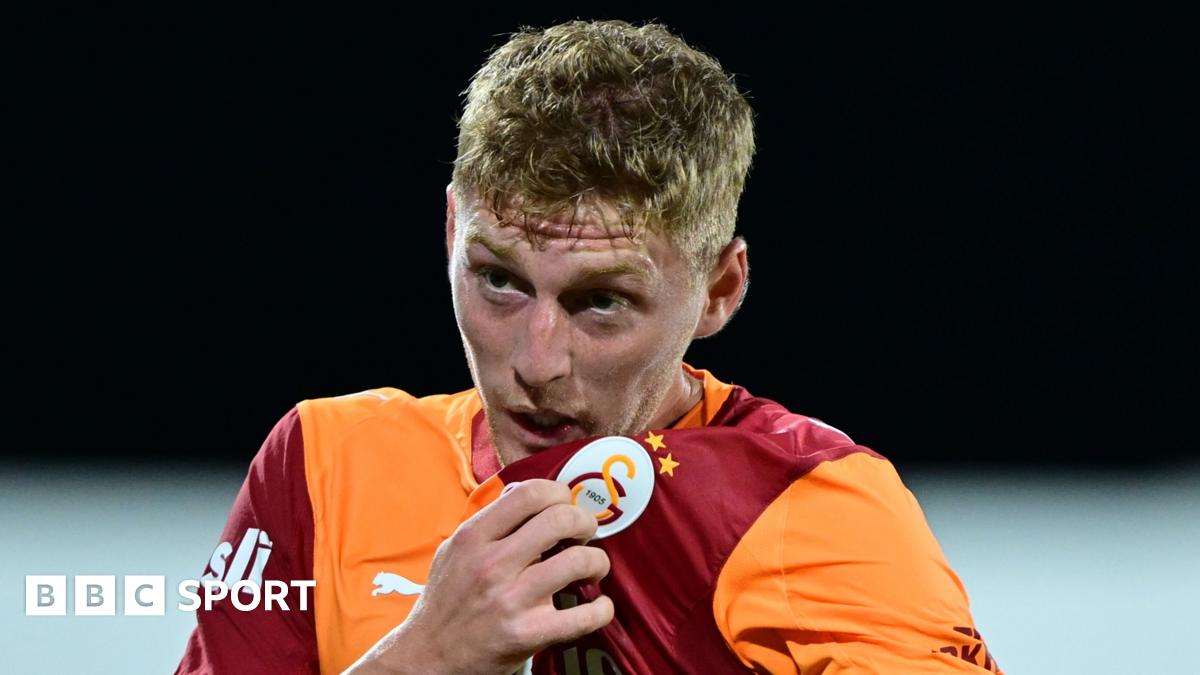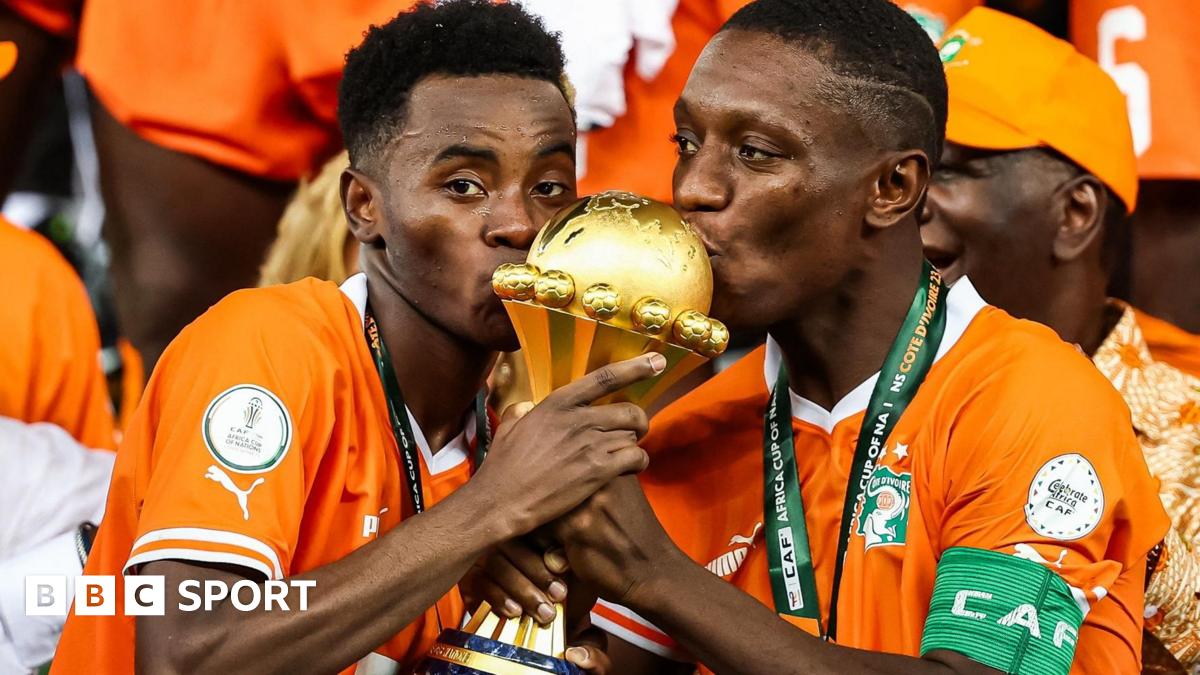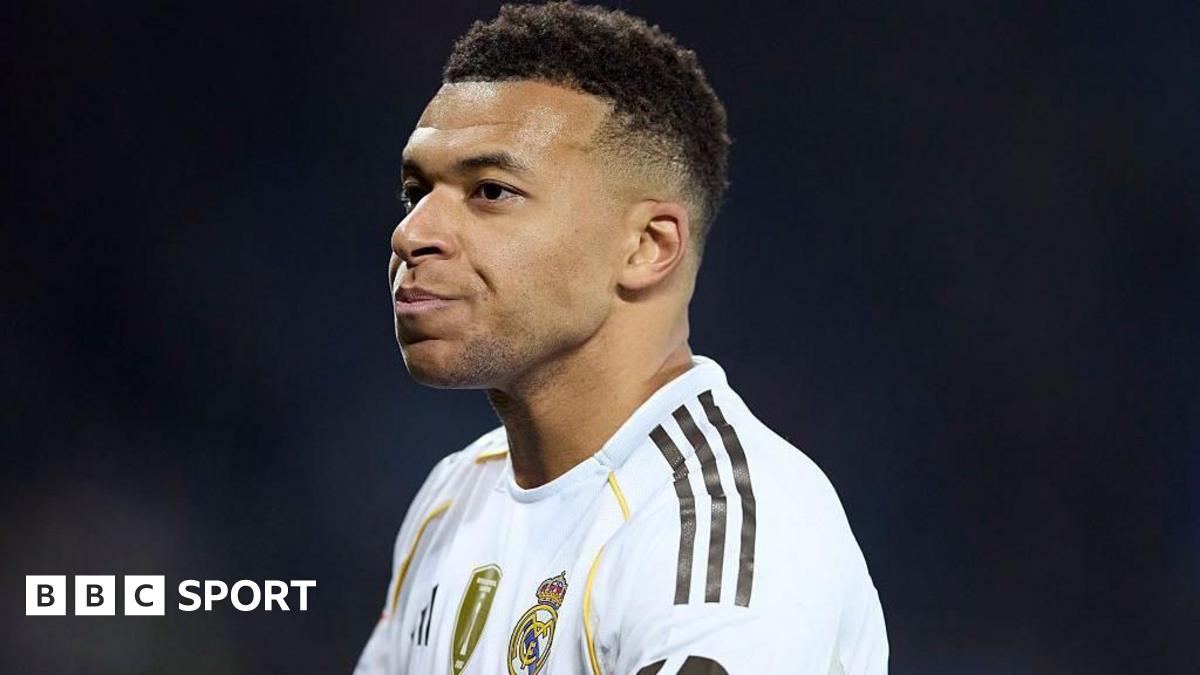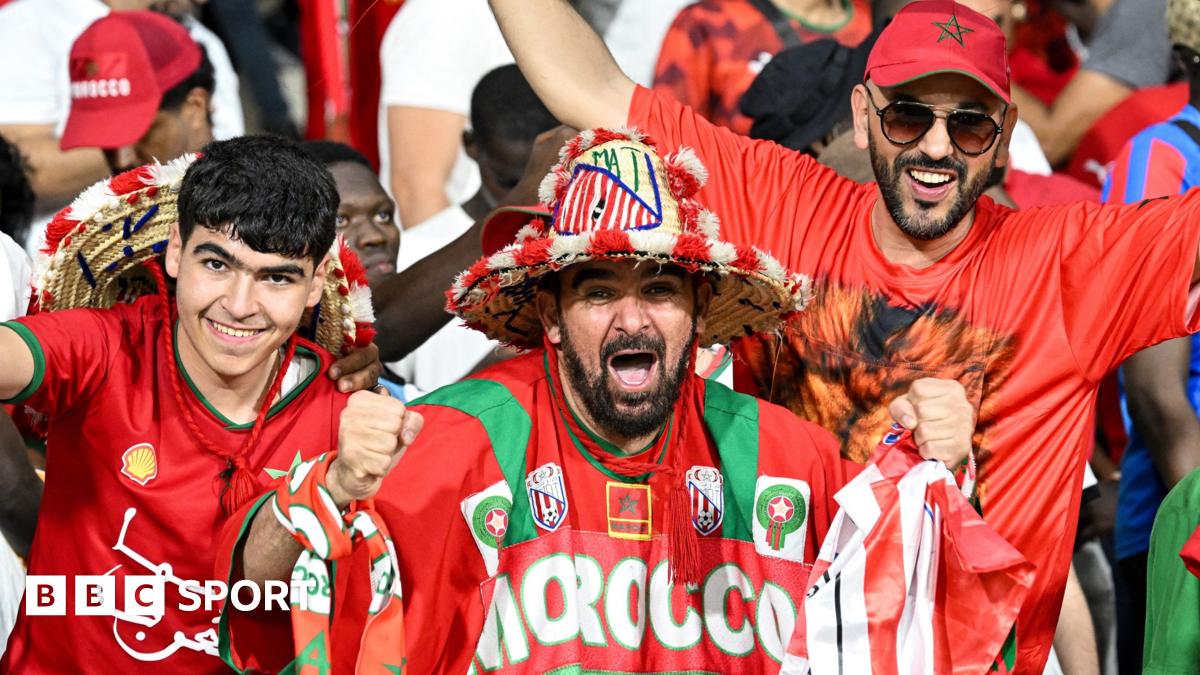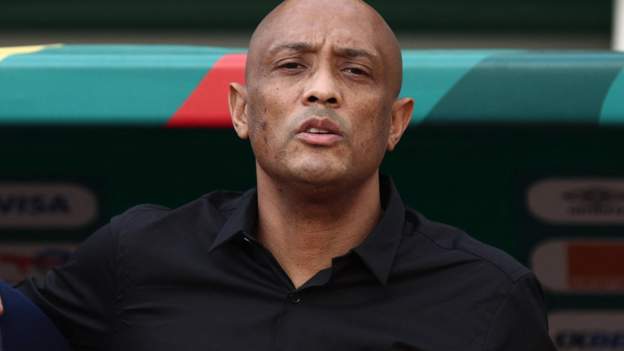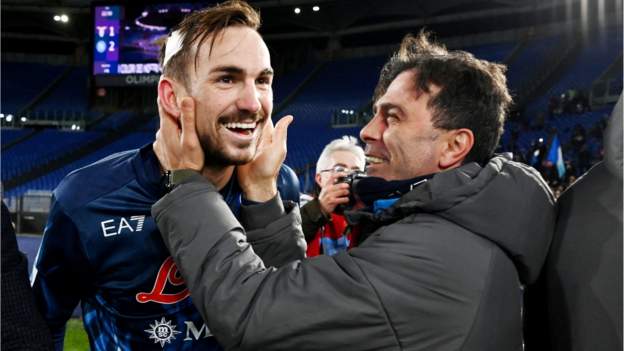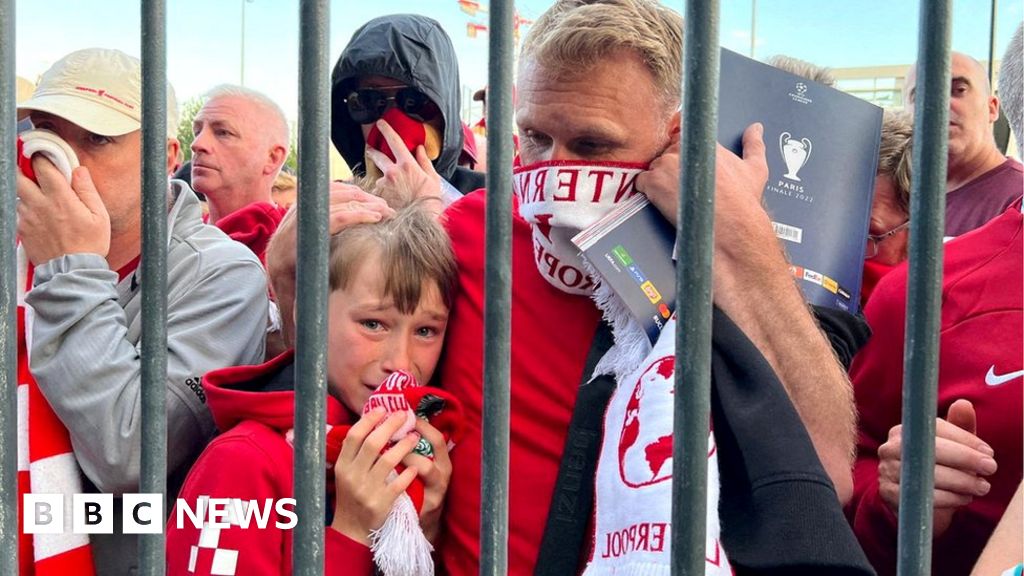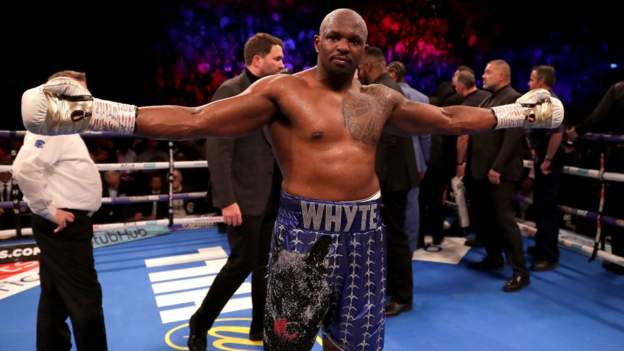Comoros coach Amir Abdou has quit his job after eight years at helm, convinced the tiny Indian Ocean island nation’s team needs new direction.
It ends one of the longest tenures of any African coach in charge of a national team and marks the conclusion of a fairytale rise for the country, who some two decades ago were not even competing in international competition.
The 49-year-old has been the driving force behind the rise of the Comoros from near the bottom of the world rankings to reaching the last 16 of the Africa Cup of Nations finals in Cameroon last month.
“These eight years will remain forever engraved in my memory,” Abdou said in a statement announcing his intentions
“Eight years of hard work, eight years marked by doubts, joys, disappointments, fatigue. Sometimes even annoyance, but in the end, I will only remember the positive events.
“Being a coach has been a big job. It has been a very exciting challenge and a great source of pride. I am very honoured to have had the chance to represent my own nation. It’s an indescribable feeling.
“I have decided to leave the position of coach after eight years because I think it is important not to fall into the trap of strict continuity. Sometimes you have to shake things up and dare to change to write new chapters.”
Abdou was an almost accidental choice for the job but forged a well-earned reputation for himself as the Comoros grew stronger, culminating in a first-ever qualification for the Nations Cup finals and then a place the last 16.
A coach thrust onto the international stage
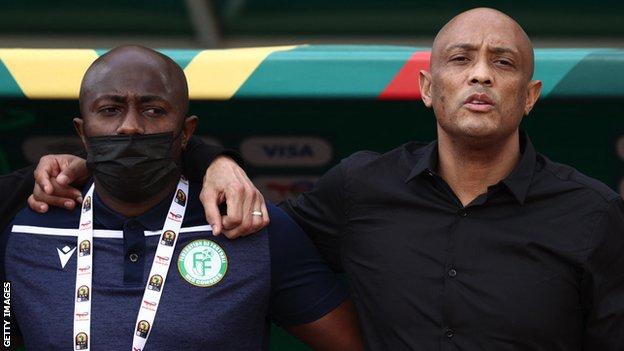
Abdou, born in Marseille, came to prominence in the French town of Golfech, where he coached the local team to a famous French Cup win in 2013 over third division Luzenac.
It was then he came to the attention of the Comorian federation, who had only started participating in international competition after joining world governing body Fifa in 2005.
Abdou was invited to serve as assistant to Henri Stambouli, earmarked as the first foreign coach of the team and he jumped at the chance to work with the former Marseille coach, who had already been in charge of the national teams of Guinea, Mali and Togo.
But at the last minute, Stambouli chose to take up an offer with Montpellier and Abdou was suddenly thrust on to the international stage.
He set about persuading players from the diaspora to commit to the team, steadily growing the standard of players from those in the amateur ranks to players competing in the top three ties of French football.
“It was difficult but I don’t think any of them regret a thing,” Abdou said in a previous interview. “There is a fervour, a love for the jersey and for the homeland.”
The large Comorian expatiate community in Marseille are at the core of the team and provided the impetus to see Comoros rise from 198 out of 207 members when Abdou took over at the start of 2014 to 131 in the latest Fifa rankings.
He was a social worker who only quit his job with the city of Agen in 2018 once he signed a proper contract with the Comorian federation.
Over the last two years, Abdou has also worked full-time as the coach of FC Nouadhibou in Mauritania.
Following Abdou’s resignation, the Comorian Football Federation said it would meet within weeks to discuss the appointment of a new coach.

